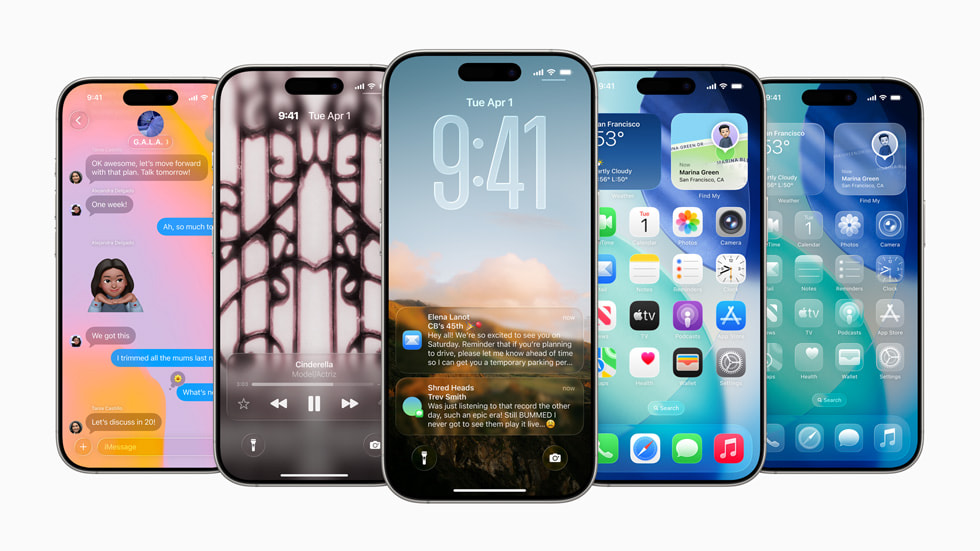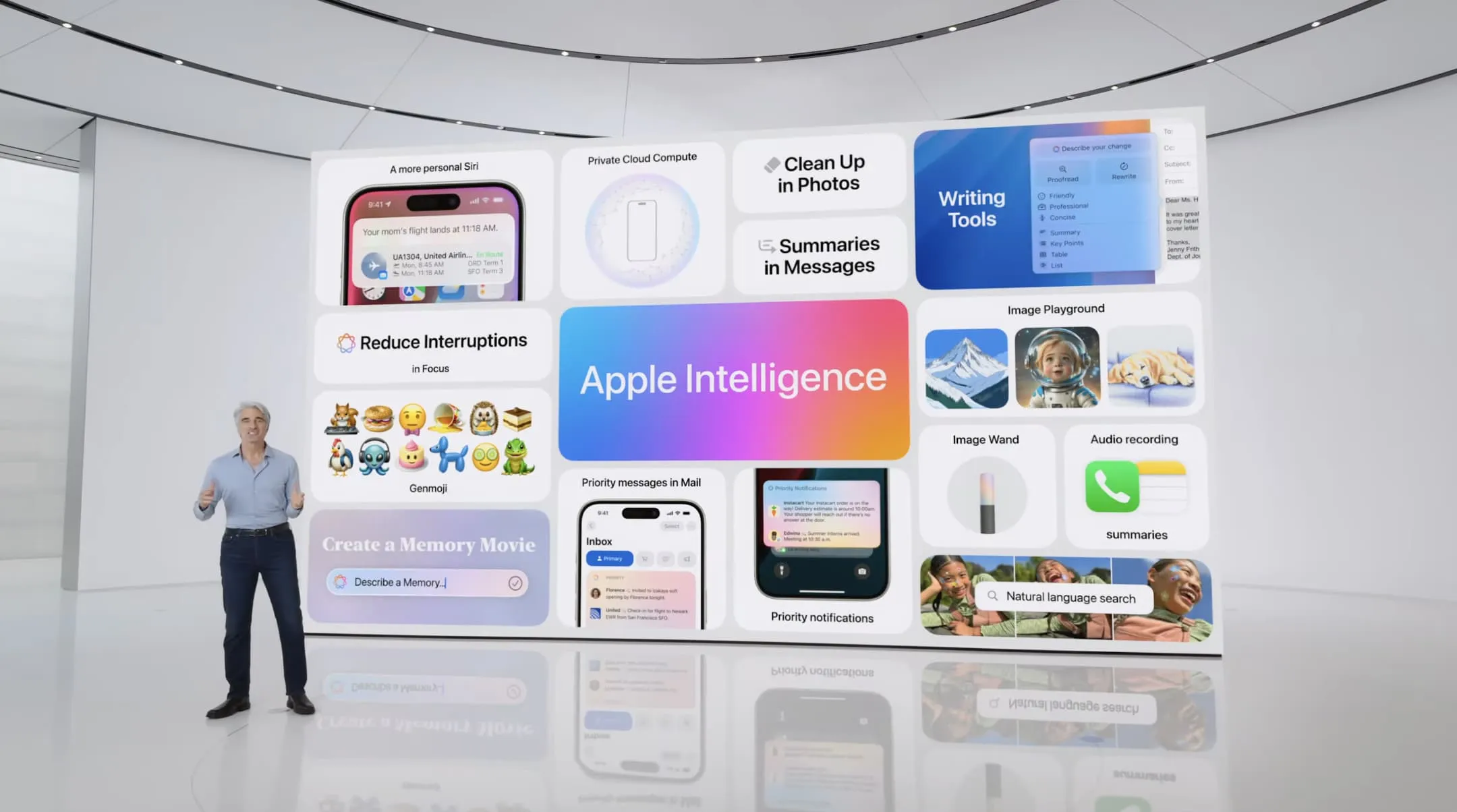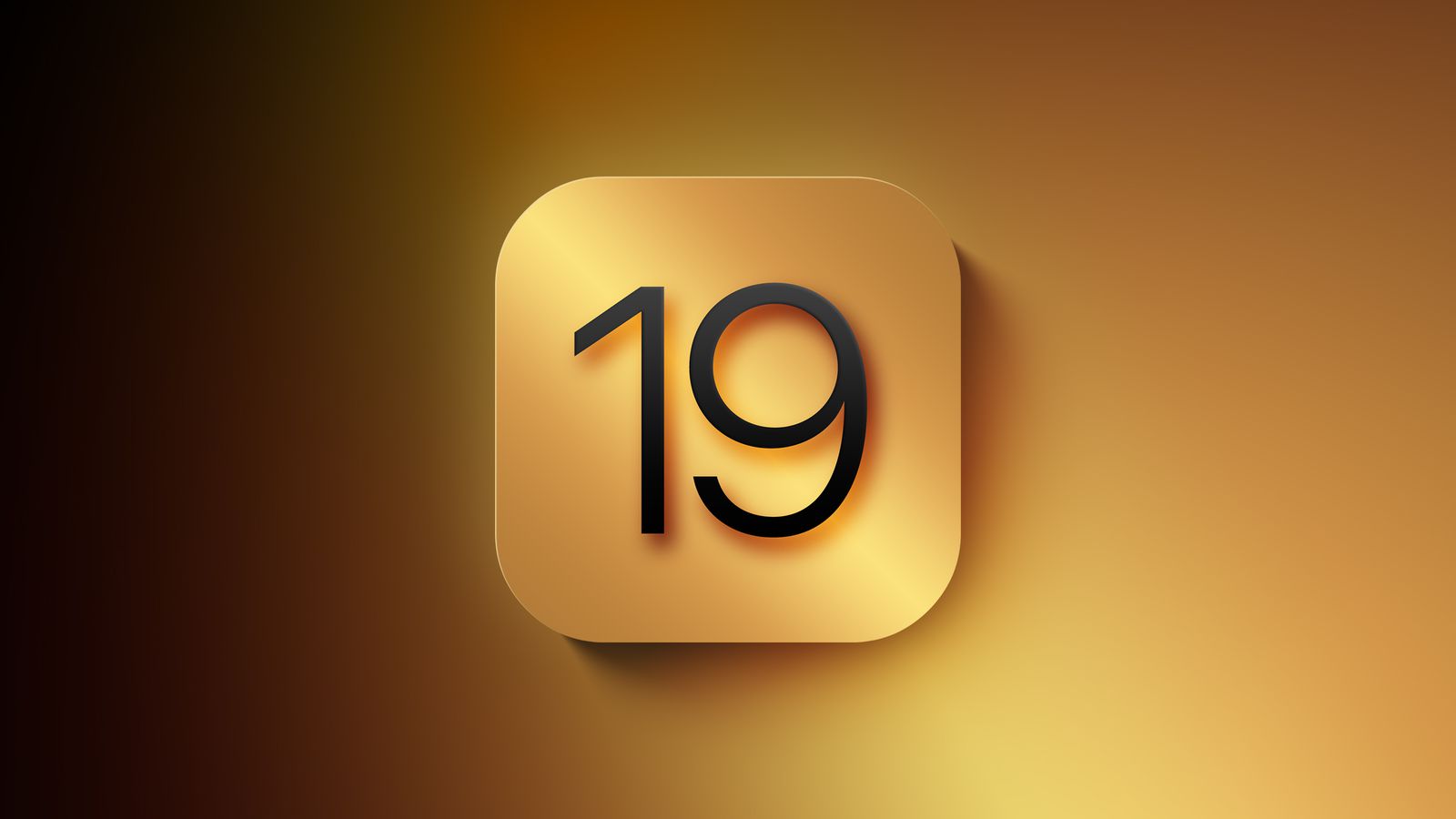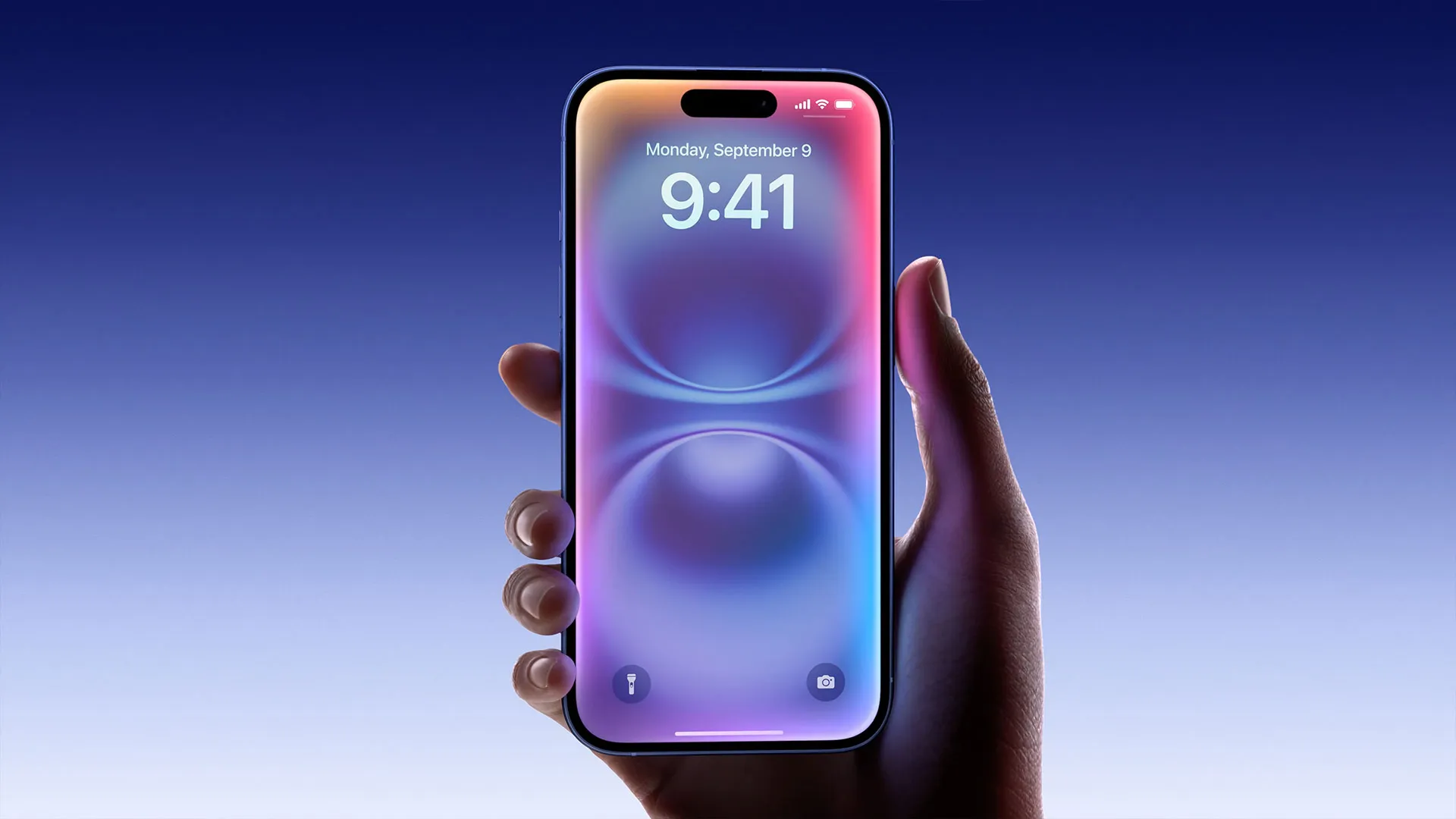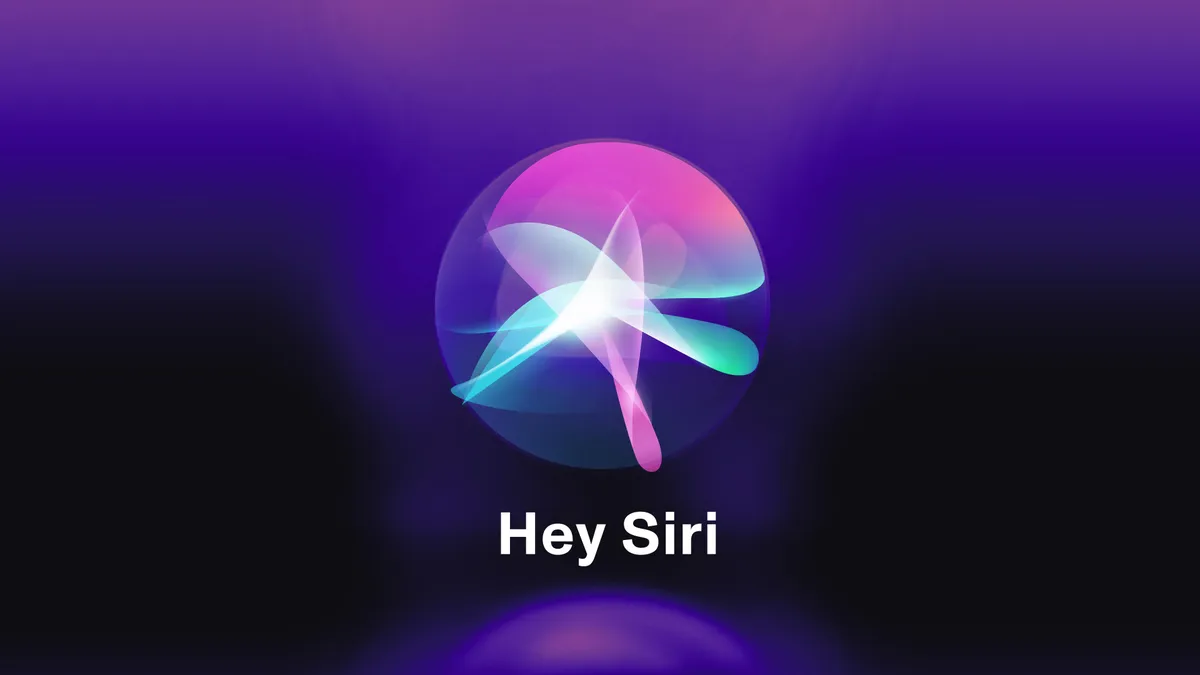Apple recently announced iOS 26, and Google has pointed out that some of its new features are very similar to ones Android has had for a while. Here are the three main features that Google says Apple has borrowed:
1. Improved Call Recording
Apple is adding call recording to iPhones with iOS 26. This feature lets users record phone calls and even get a summary of the conversation. Google notes that Android phones have offered call recording for years, and some models even provide automatic summaries.
2. Smarter Messaging with RCS
iOS 26 will support RCS (Rich Communication Services) in the Messages app. This means iPhone users can now send high-quality photos and videos, see typing indicators, and enjoy better group chats with Android users. Google has supported RCS on Android for a long time, making texting between different phones easier and more modern.
3. Customizable Home Screen
Apple is allowing users to place app icons and widgets anywhere on the home screen, not just in a fixed grid. Android users have enjoyed this flexibility for many years, letting them organize their home screens however they like.
Google commented on social media, welcoming Apple to these features and playfully reminding everyone that Android has had them first. While Apple fans are excited about these changes, it’s clear that iOS 26 is catching up to some things Android users already know and love.
